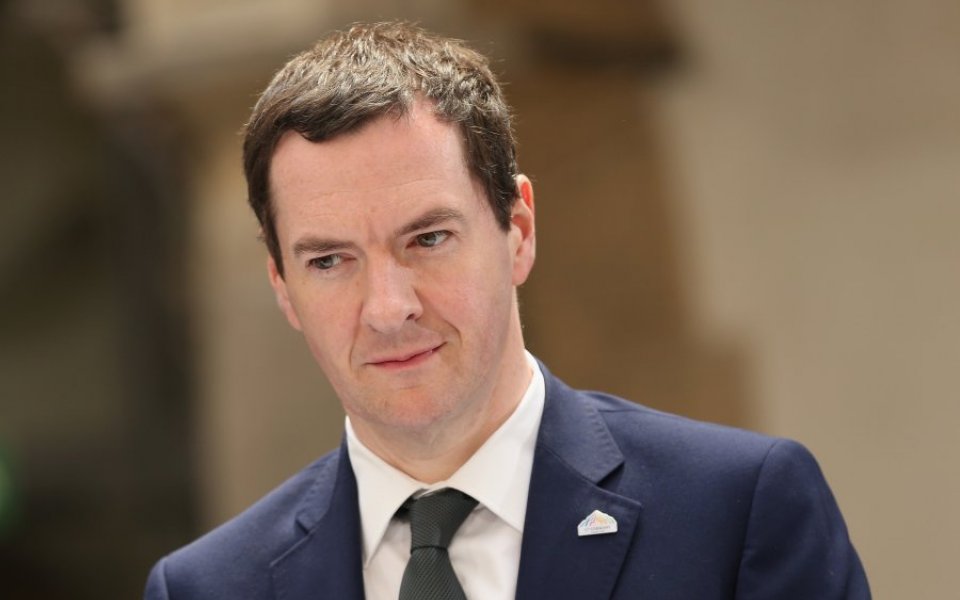Financial Conduct Authority (FCA) under fire as MPs on Treasury Select Committee call for hearing over decision to scrap banking culture review

Leading MPs have slammed the City watchdog over its decision to drop a review into Britain’s banking culture, raising the possibility of an imminent public grilling of top regulators.
The Financial Conduct Authority (FCA) revealed last week that it had scrapped plans for an inquiry into the culture and behaviour of British bank employees, saying that each lender was unique and could not be easily compared. The FCA said it had decided a wide-ranging review would not help achieve its “desired outcomes” and that it would instead work directly with individual banks to promote the “delivery of cultural change”.
“The FCA needs to explain why they have taken this decision,” Wes Streeting, a Labour MP on the Treasury select committee, told City A.M. yesterday. “It sends completely the wrong message.”
Streeting added that he would talk to other committee members this week, urging them to call an evidence session with top FCA officials as soon as possible: “I think we should see the FCA sooner rather than later.”
The influential committee, which regularly takes evidence from FCA officials, is expected to next question the regulator following the impending Treasury appointment of a new chief executive. Tracey McDermott, previously director of supervision and authorisations at the watchdog, has been acting chief executive since September, when chancellor George Osborne failed to renew former boss Martin Wheatley’s five-year contract.
“The general view was that [Wheatley] was too hard on the banks,” Mark Garnier, a Conservative MP also on the Treasury select committee, told City A.M. yesterday. “I wonder whether the regulator is taking its foot off the gas.”
“McDermott ultimately would have been responsible for backing off this review,” Garnier added. “I wonder if that is her responding to a belief…if that is what she would need to do to get the job as chief executive.”
McDermott is widely seen as a front-runner to permanently take the reins of the watchdog, while other reported contenders include Mark Branson, chief executive of Switzerland’s Financial Market Supervisory Authority. An appointment is expected to be made this month.
In October, McDermott tried to reassure City firms that they would face less red tape in the future, saying: “The intensity and volume of regulatory activity over recent years is not sustainable – for regulators or for the industry.”
But while McDermott’s apparent “lighter touch” been well-received in the Square Mile, her recent decisions have drawn sharp criticism from politicians questioning her independence.
Former business secretary Vince Cable told Sky News yesterday that Osborne and Bank of England governor Mark Carney are bowing to lobbying pressure and turning a “blind eye” to “abuses in the [banking system]” while taking part in a “concerted approach” with the regulators to “take some of the pressure off the banks”.
Garnier, meanwhile, said that the FCA’s new boss, whether it be McDermott or someone else, would have questions to answer “surrounding the independence of that institution”.
“How will this person lead the institution in such a manner that it’s not going to be the lapdog of the Treasury or Number 11 or indeed Number 10?” Garnier said.
Garnier’s Treasury select committee colleague, Labour MP John Mann, said last week that Osborne was “behind” the FCA’s decision to abandon its culture view, “without any question”.
But chief secretary to the Treasury Greg Hands rejected Mann’s suggestions, saying: “Ministers had no involvement in, and indeed no advance notice of this decision by the independent regulator.”